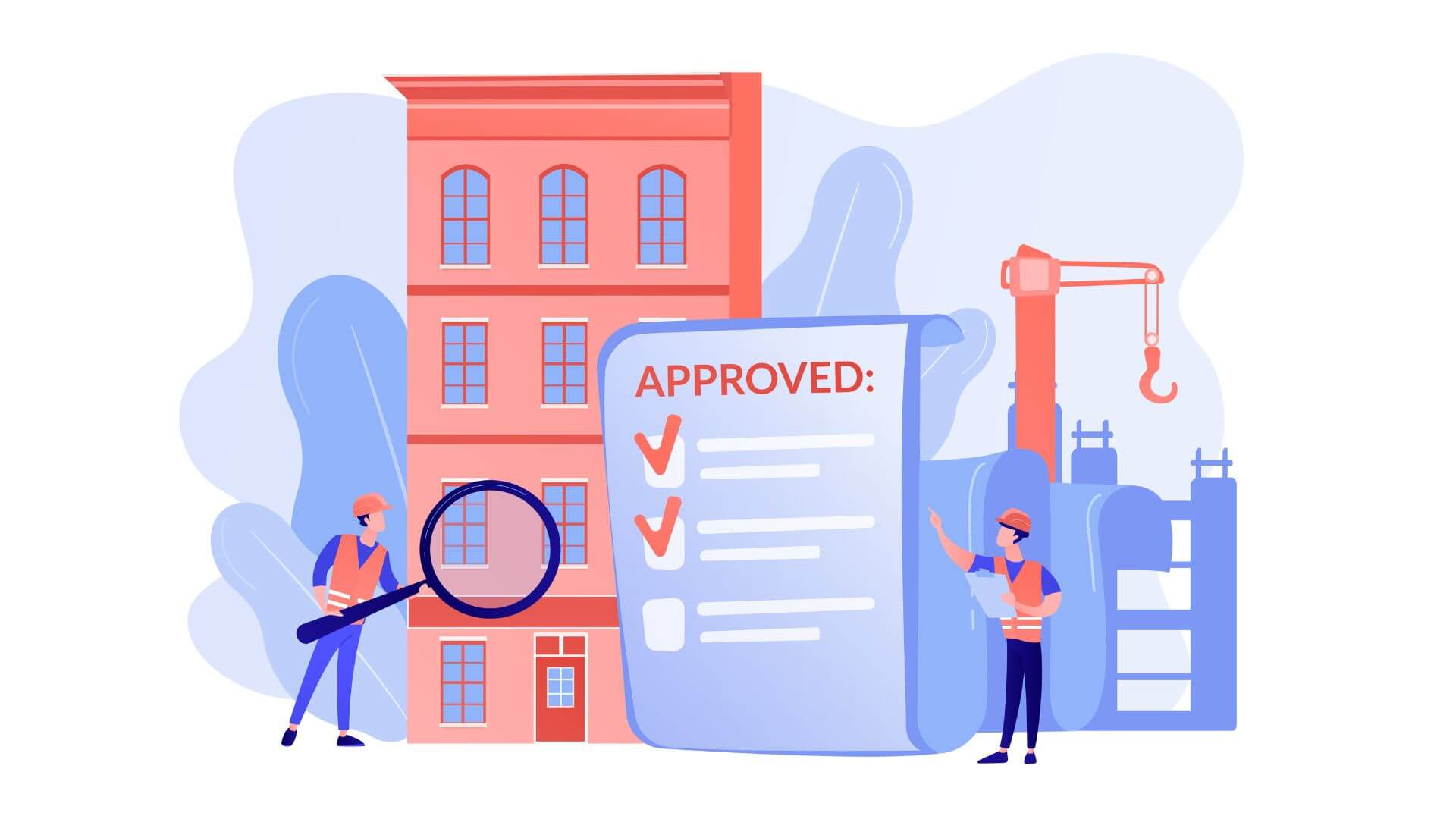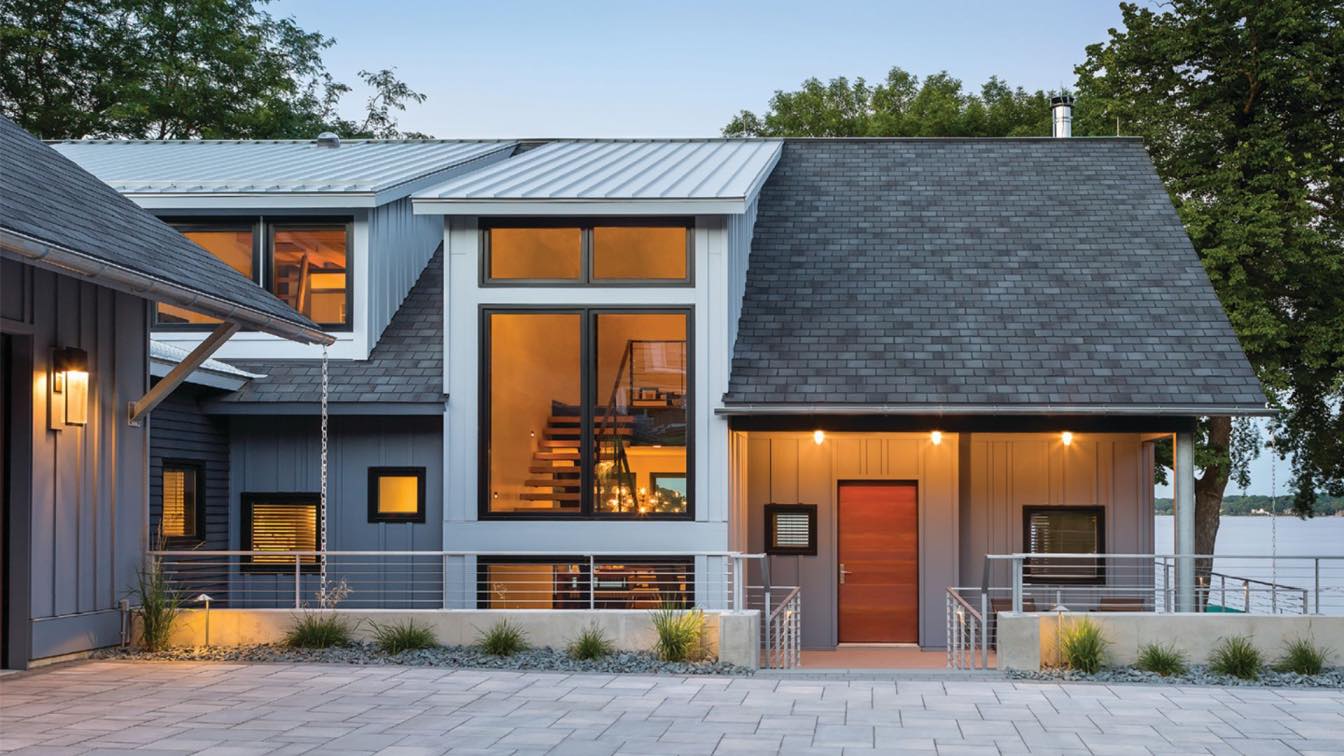Are you looking to begin a construction project, but find yourself lost in the sea of paperwork and permits? Building permits are an essential part of any building or renovation process - they give local governments oversight where utilities, zoning, and safety requirements are concerned. To ensure that your construction projects hold up to code and legal requirements, gaining familiarization with permit processes is key. In this blog post we’re going over 6 interesting facts about building permits that may have gone unknown – keep reading to learn more!
Research the Local Building Codes and Regulations
Before embarking on any construction project, it is important to thoroughly research the local building codes and regulations. Failure to do so could result in hefty fines or even legal trouble. Building codes and regulations ensure that the construction process follows safety guidelines and that the final product is structurally sound. Additionally, these codes and regulations also take into account environmental impacts, such as energy efficiency and waste reduction. To understand these better, be sure to take a look at your local government's website for more information. You can also consult permit expeditors in Chicago for more assistance. They can provide you with an in-depth understanding of the building codes and regulations specific to your locality. By taking the time to research the local building codes and regulations, you can ensure a successful and safe construction project while also respecting your community and the environment. So, it's always best to be informed before you start a project.
Understand the Need for a Building Permit
Whether you're renovating your home or constructing a new building, it's essential to understand the importance of obtaining a building permit before starting the project. A building permit ensures that your construction work complies with the local building codes. It also ensures that your home or structure is safe to live or work in and that it's in compliance with fire safety and other essential requirements. A building permit is not just a piece of paper; you guarantee that the project is done right and to code. Moreover, It can also save you from costly fines and legal implications if you try to complete a project without a permit. Understanding the need for a building permit should be your top priority before starting any construction work. It is also important to be aware of the different types of permits. Depending on the project, you may need electrical, plumbing, or even environmental permits as well.
Know when you May Need to Apply for a Permit
Have you ever been told that you need a permit for a certain activity, but you're not sure why? Permits can be a bit confusing, but they're actually in place to keep people safe and protect the environment. For example, you may need a permit to build a new structure on your property, or to hold a large public event. It's important to know when you might need a permit so you can avoid problems and delays down the line. So, if you're planning a new project or event, make sure to do your research and find out if a permit is required. It may seem like an extra hassle, but in the end, it will help ensure that everything goes smoothly and that you stay on the right side of the law.
Consider the Different Types of Permits Available
When it comes to obtaining permits, there are a variety of options available depending on the specific situation. One type of permit that many people may be familiar with is a building permit, which grants permission to construct or renovate a home or other building. However, there are also permits for events, such as parades and festivals, as well as permits for things like hunting and fishing. Some permits may be required by law, while others may be optional but still provide added benefits or privileges. Understanding the different types of permits available can ensure that you have the appropriate paperwork in order and can avoid any legal issues down the line.
Be Aware of any Fees Associated with Getting a Permit
When you're planning a project that requires a permit, it's important to be aware of any fees associated with acquiring that permit. Nobody likes unexpected expenses, so doing your research ahead of time will help you budget appropriately and avoid any surprises later on. Depending on your location and the type of permit you need, the fees could vary greatly. It's always best to check with your local government agencies for guidance. Taking the time to understand the fees beforehand will ensure that you're staying within your budget and avoiding any potential setbacks or delays. So, be sure to do your due diligence and familiarize yourself with any fees that come along with getting a permit.
Follow all Instructions and Submit Documents on Time
If you're in the process of obtaining a permit, it's important to understand that following all instructions and submitting your documents on time can be the key to ensuring quick approval. Government agencies responsible for issuing permits can have a lot of applications to process, and failure to comply with guidelines or timelines can result in delays or rejections. By staying organized, reading the instructions carefully, and prioritizing the timely submission of your documents, you can avoid unnecessary setbacks and get your permit approved as soon as possible. It may take some extra effort on your part, but it's well worth it if it means avoiding a lengthy wait or having to start the process over again.
The process of obtaining a building permit can be complex but, with the right planning and research, it is achievable. Understanding the local building codes and regulations beforehand gives you an edge. To effectively apply for a permit, understanding the need for one and researching the different types available is essential. It is also important to be aware of fees associated with the process as well as any instructions on submitting documents by a certain date. All of these steps lead to a successful obtaining of a building permit while also keeping all construction projects in line with safety regulations in your area; ultimately leading to a successful outcome.





